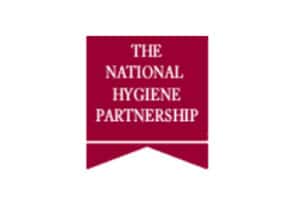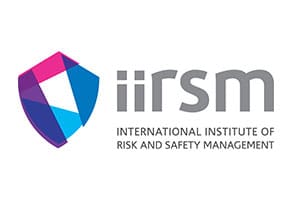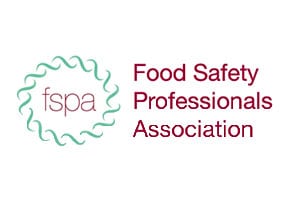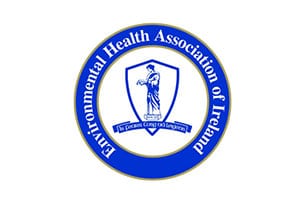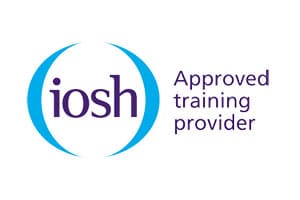World Food Safety Day is an annual event that aims to raise awareness about the importance of safe food handling practices. By following these 5 tips, you can help ensure the safety of your food and protect yourself and your loved ones from foodborne illnesses.
Please see more information below on courses that may help you store, prepare, cook and treat food safely.
Wash your hands frequently…
One of the most important steps in ensuring food safety is to wash your hands frequently. This is especially important before handling food, after using the bathroom, and after touching any potentially contaminated surfaces. Use warm water and soap, and scrub your hands for at least 20 seconds before rinsing and drying thoroughly. This simple step can help prevent the spread of harmful bacteria and viruses that can cause foodborne illnesses.
Keep your kitchen clean and sanitized…
Keeping your kitchen clean and sanitized is crucial for ensuring food safety. Make sure to clean all surfaces, utensils, and equipment before and after use. Use hot, soapy water to wash dishes and utensils, and use a disinfectant spray or wipe to clean countertops and other surfaces. Pay special attention to areas where raw meat, poultry, or fish have been prepared, as these can harbour harmful bacteria.
Separate raw and cooked foods…
One of the most important steps in ensuring food safety is to separate raw and cooked foods. Raw meat, poultry, and seafood can contain harmful bacteria that can spread to other foods if not handled properly. Keep raw meats separate from other foods in your fridge, and during preparation. Use separate cutting boards and utensils for raw meats and other foods, and always wash your hands thoroughly after handling raw meats. Cooked foods should also be kept separate from raw foods to prevent cross-contamination.
Cook food thoroughly…
Cooking food thoroughly is essential for ensuring food safety. Proper cooking kills harmful bacteria and viruses that may be present in raw or undercooked foods. Use a food thermometer to ensure that meat, poultry, and seafood are cooked to the appropriate internal temperature of 75 Degrees Celsius for 2 minutes.
Store food at safe temperatures…
Proper storage of food is crucial for preventing the growth of harmful bacteria and reducing the risk of foodborne illness. Keep perishable foods, such as meat, poultry and dairy products, in a fridge at or below 5°C. Use a fridge thermometer to ensure that the temperature is consistently within this range. When transporting food, use insulated coolers or ice packs to keep perishable items at a safe temperature. Freezers should be maintained at -18° C or colder in food businesses. Ice cream can be stored at -12° C in food service areas. The temperature in domestic ice boxes can vary from -6° C to -18° C, depending on the star rating. But remember, the warmer the temperature, the shorter the shelf life of the frozen food.



